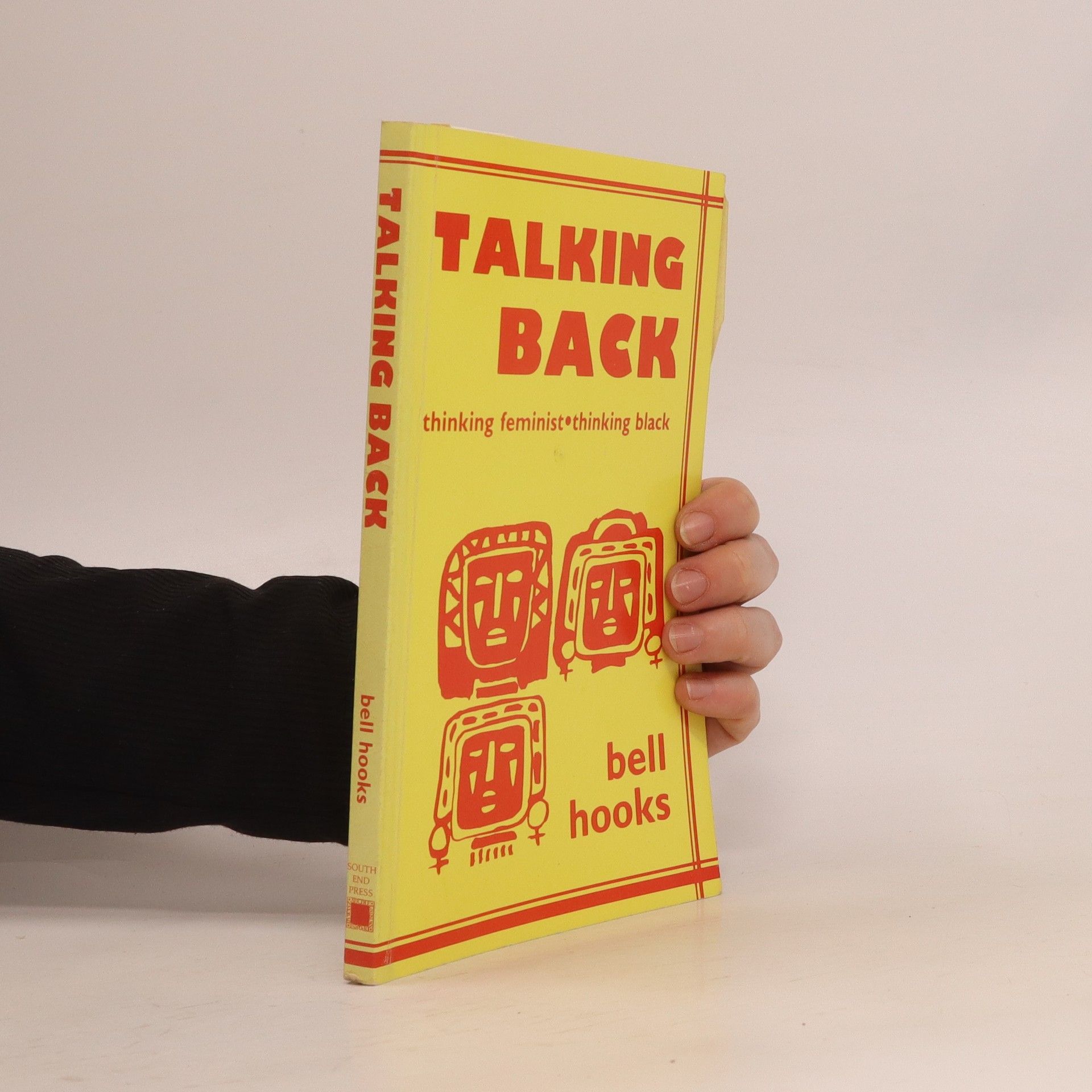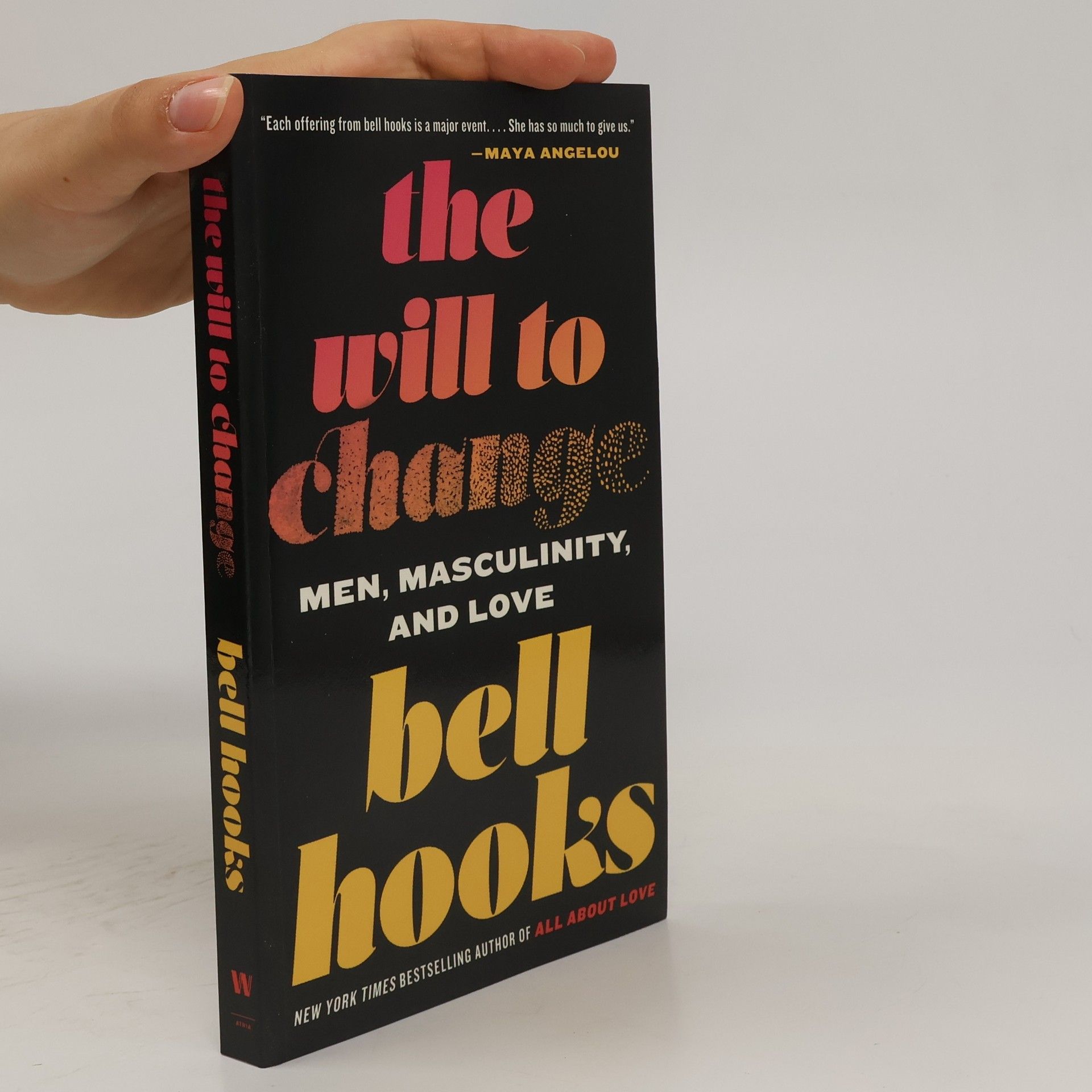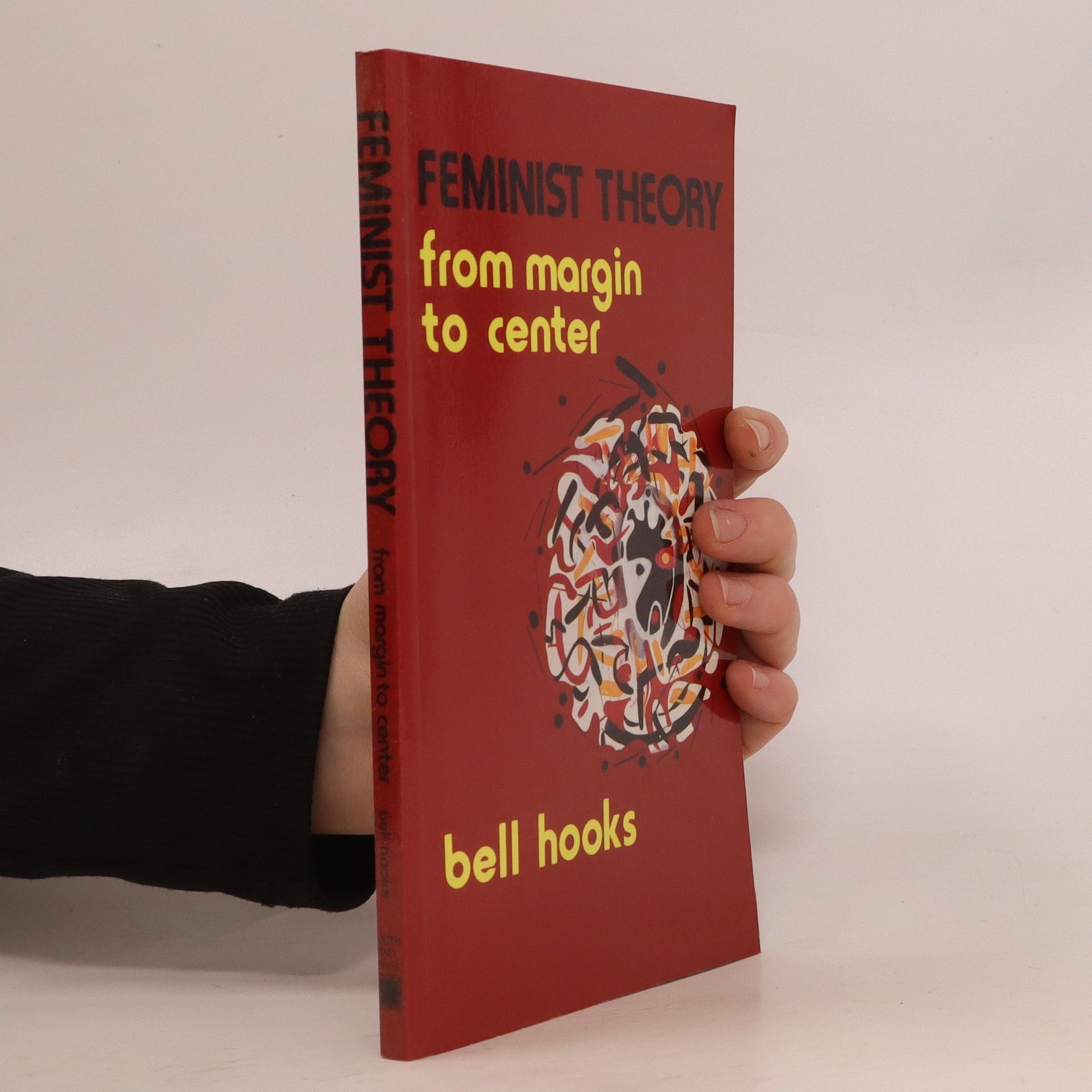Feminist Theory
- 190 páginas
- 7 horas de lectura
A sweeping examination of the core issues of sexual politics by one of feminism's most important and critical voices schovat popis
Bell Hooks, nacida Gloria Jean Watkins, fue una autora, feminista y activista social cuyo trabajo exploró la interconexión de raza, clase y género en la producción y perpetuación de sistemas de opresión. A través de una perspectiva femenina posmoderna, abordó estos temas en educación, arte, historia, sexualidad, medios de comunicación y feminismo. Su prolífico cuerpo de trabajo, que abarca más de treinta libros y numerosos artículos, ofrece profundas ideas sobre las estructuras de poder y la desigualdad.







A sweeping examination of the core issues of sexual politics by one of feminism's most important and critical voices schovat popis
A provocative and inspiring book on the culture and politics of black women's rights
Happy to be nappy! Happy with hair all short and strong. Happy with locks that twist and curl. Just all girl happy! Happy to be nappy hair! Legendary author bell hooks and Caldecott Medalist Chris Raschka present a lyrical celebration, brimming with enthusiasm for girls and their hair. Nominated for an NAACP Image Award, this stunning picturebook is now available again in board book form. Praise for Happy to Be Nappy: Image Award nomination, 2001 -National Association for the Advancement of Colored People *"A powerful, uplifting and, above all, buoyantly fun read-aloud." -Publishers Weekly, starred review "[Happy to Be Nappy] has a free-wheeling joy that is admirably captured by illustrator Raschka." -Bulletin for the Center of Children's Books "The big daubs of background color seem to dance and spin with the figures, visual music to match the verbal." -Kirkus Reviews "[Chris Raschka's] illustrations bring out the spirit behind hooks's writing and have great child appeal." -School Library Journal "[S]tellar illustrations." -The Horn Book "[A]dults and small children will enjoy sharing the joyful words and the playful color wash pictures with thick black lines." -Booklist
A sweeping examination of the core issues of sexual politics, bell hooks' new book Feminist Theory: from margin to center argues that the contemporary feminist movement must establish a new direction for the 1980s. Continuing the debates surrounding her controversial first book, Ain't I A Woman, bell hooks suggests that feminists have not succeeded in creating a mass movement against sexist oppression because the very foundation of women's liberation has, until now, not accounted for the complexity and diversity of female experience. In order to fulfill its revolutionary potential, feminist theory must begin by consciously transforming its own definition to encompass the lives and ideas of women on the margin. Hooks' work is a challenge to the women's movement and will have profound impact on all whose lives have been touched by feminism and its insights.
Everyone needs to love and be loved—even men. But to know love, men must be able to look at the ways that patriarchal culture keeps them from knowing themselves, from being in touch with their feelings, from loving.In The Will to Change, bell hooks gets to the heart of the matter and shows men how to express the emotions that are a fundamental part of who they are—whatever their age, marital status, ethnicity, or sexual orientation. But toxic masculinity punishes those fundamental emotions, and it’s so deeply ingrained in our society that it’s hard for men to not comply—but hooks wants to help change that.With trademark candor and fierce intelligence, hooks addresses the most common concerns of men, such as fear of intimacy and loss of their patriarchal place in society, in new and challenging ways. She believes men can find the way to spiritual unity by getting back in touch with the emotionally open part of themselves—and lay claim to the rich and rewarding inner lives that have historically been the exclusive province of women. A brave and astonishing work, The Will to Change is designed to help men reclaim the best part of themselves.
bell hooks writes about the meaning of feminist consciousness in daily life and about self-recovery, about overcoming white and male supremacy, and about intimate relationships, exploring the point where the public and private meet.
In "Black Looks," bell hooks critiques traditional narratives surrounding blackness and whiteness, focusing on how black identities are represented in various media. Her essays aim to challenge and disrupt conventional discussions about race and representation, making a significant impact since its 1992 release.
In "Communion: The Female Search for Love," bell hooks completes her trilogy on love, urging women to embrace their quest for love as a vital journey for freedom. Through insightful exploration, she examines the impact of feminism and self-help culture on women's experiences, offering guidance for infusing love into all aspects of life.
One of our country's premier cultural and social critics, bell hooks has always maintained that eradicating racism and eradicating sexism must go hand in hand. But whereas many women have been recognized for their writing on gender politics, the female voice has been all but locked out of the public discourse on race.Killing Rage speaks to this imbalance. These twenty-three essays are written from a black and feminist perspective, and they tackle the bitter difficulties of racism by envisioning a world without it. They address a spectrum of topics having to do with race and racism in the United States: psychological trauma among African Americans; friendship between black women and white women; anti-Semitism and racism; and internalized racism in movies and the media. And in the title essay, hooks writes about the "killing rage"—the fierce anger of black people stung by repeated instances of everyday racism—finding in that rage a healing source of love and strength and a catalyst for positive change.bell hooks is Distinguished Professor of English at City College of New York. She is the author of the memoir Bone Black as well as eleven other books. She lives in New York City.
In Art on My Mind, bell hooks, a leading cultural critic, responds to the ongoing dialogues about producing, exhibiting, and criticizing art and aesthetics in an art world increasingly concerned with identity politics. Always concerned with the liberatory black struggle, hooks positions her writings on visual politics within the ever-present question of how art can be an empowering and revolutionary force within the black community.